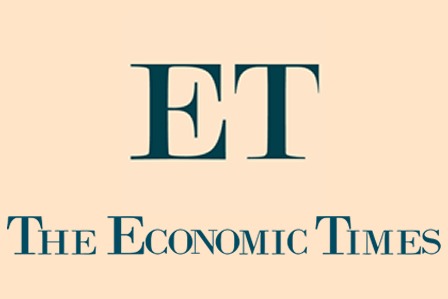Modi will have to lay out India’s position in this ever-changing world, and his personal views as the prime representative of a sixth of humanity.
This year’s World Economic Forum (WEF) meeting at Davos, Switzerland, that will take place during January 23-26 comes with a very different background from the last few years. For one, 2017 turned out to be a much better year for the global economy than had been anticipated.
Global growth was a healthy 3.5% and well distributed across the world. Stock markets were on a tear, including here in India, clocking returns not seen since the halcyon pre-financial crisis days. While there has been a lot of talk about ‘economic nationalism’, nothing fundamentally changed in the global order.
The conversation at Davos is likely to be more optimistic than it has been in the last few years. This year’s theme is ‘Creating a Shared Future in a Fractured World’.
The first subagenda, the ‘Global Agenda’, seeks to support efforts to improve global governance mechanisms and advance major multilateral processes, such as the UN’s Sustainable Development Goals. The ‘Geopolitical Agenda’ seeks to improve the adaptation to change by global leaders. The ‘Economic Agenda’ will focus on supporting sustainable and inclusive economic development, while the ‘Regional Agenda’ will examine the social and economic transformations occurring across the world.
In the ‘Industry and Business Agenda’, participants will contribute to the shaping of new industry ecosystems and help industry and government leaders prepare for the Fourth Industrial Revolution. Finally, in the ‘Future Agenda’, attendees will share ideas, innovations and discoveries that will have a global impact.
About 3,000 business leaders, 350 high-ranking officials, including 60 Heads of State and Government, will participate in the four-day forum. The presence of US President Donald Trump has created unprecedented media attention. There will also be French President Emmanuel Macron.
For India, this year will be even more important due to the participation of the Indian PM after 20 years. For Prime Minister Narendra Modi, there are two clear agenda points. The first is to continue to aggressively promote India as an investment destination. We need much more investment, and what better forum than Davos with its high concentration of global CEOs, investors and influencers to make a pitch.
The ‘Make in India’ campaign needs to be re-energised for better results. There is much for the PM to tout as far as his economic track record is concerned, not least of which is the Goods and Services Tax (GST), the sound macro fundamentals, the resolution of non-performing assets (NPAs), the structural reforms of specific sectors, and the positive outlook for faster growth. India continues to be the fastest growing large economy in the world with increasing consumer demand.
The PM will need to nudge foreign investors further in that direction. At Davos, he has to be India’s marketing chief. The second agenda for Modi will be to lay out India’s position in this ever-changing world, and his personal views as the prime representative of a sixth of humanity. Are we willing to shelve the shibboleths of the past – India’s ‘socialist’ orientation, the vestiges of our ‘non-alignment’, our aloofness from global trade and investment, and our ‘difficulties’ in doing business and boldly take the lead, especially as the US vacates leadership space and China rushes in to fill the vacuum?
In such a context, the world will be comparing and contrasting the positions of Xi Jinping from last year’s forum — where the Chinese premier appeared willing to take on leadership for an open global order and made quite a splash in doing so — with the vision that Modi will present.
The PM is likely to use the Davos platform to state India’s views on this emerging new world order. India has also taken a strong domestic position on climate change. But combating climate change needs constant leadership and the world needs to be shepherded along in that direction. India can take the lead in this area and Modi can put his weight behind it. So this year, Davos will move the global agenda forward.
Source: The Economics Times



